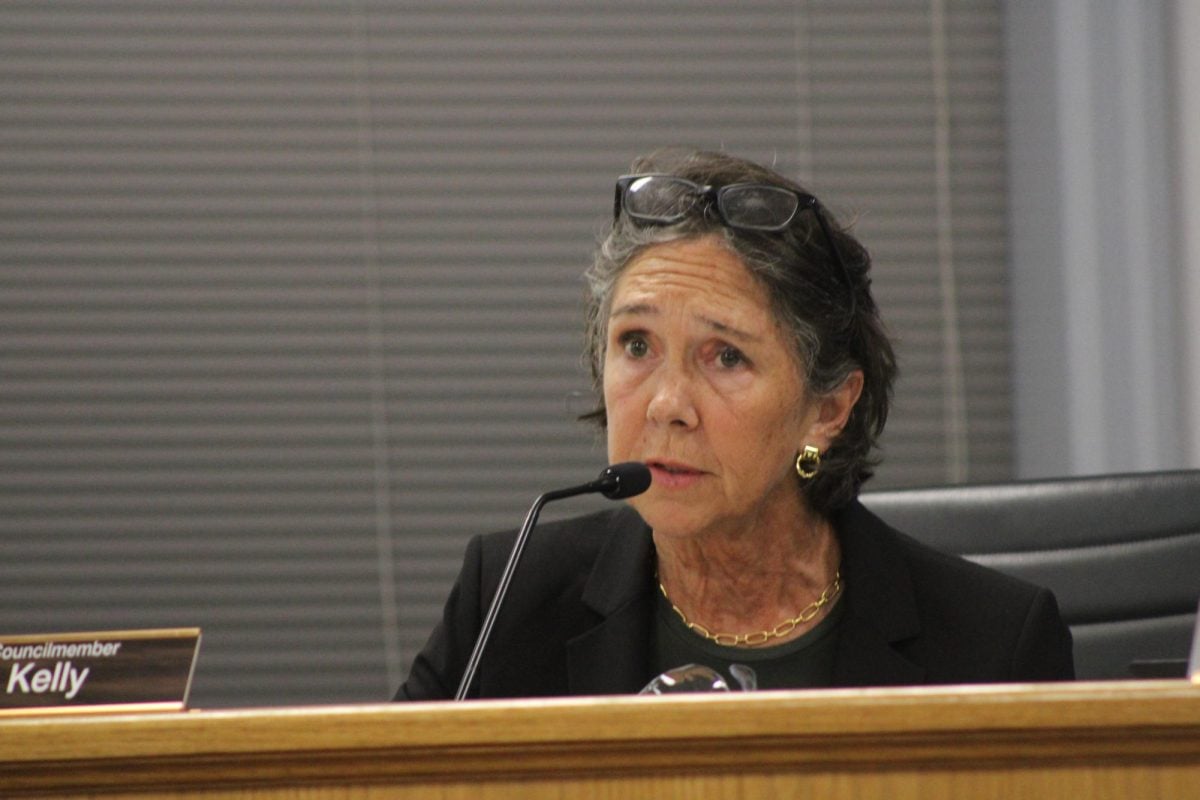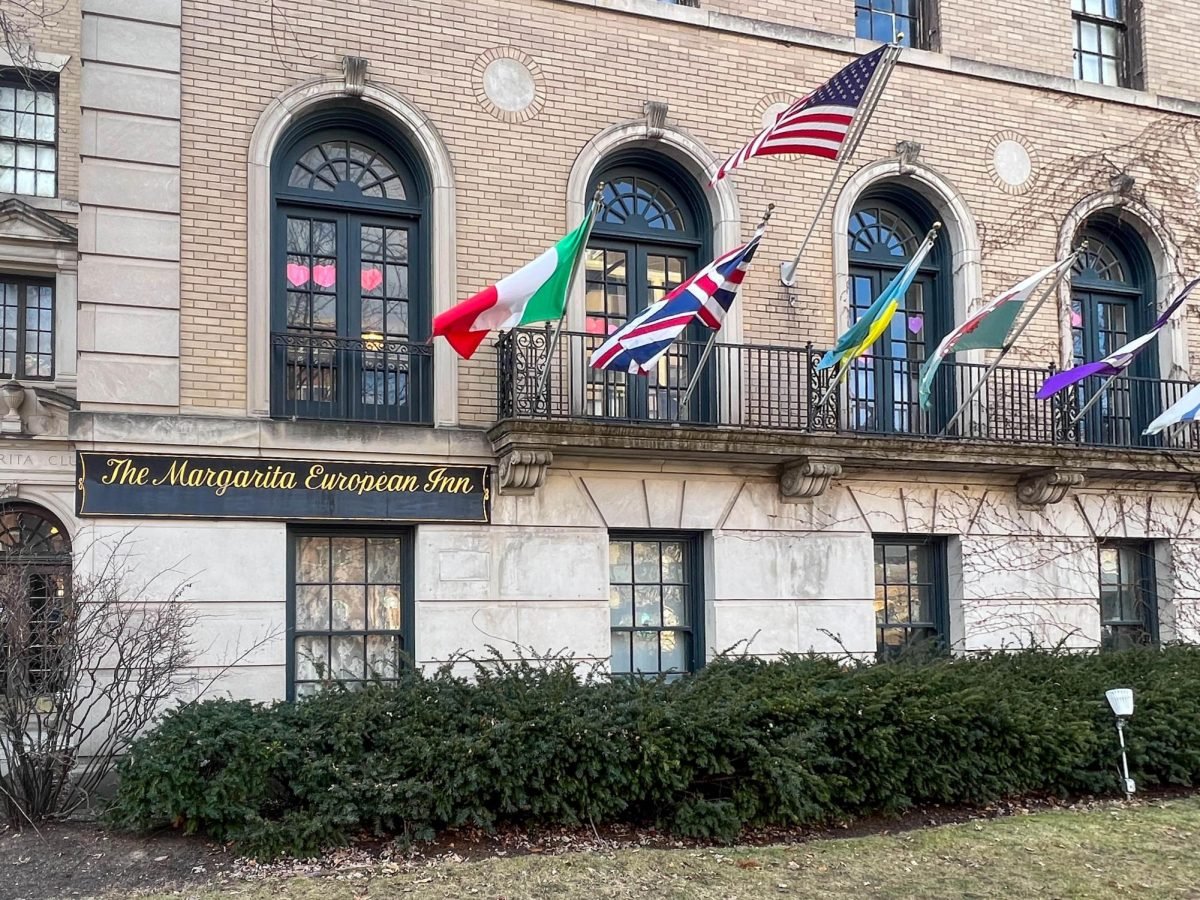After about 20 years of vacancy, a brick cottage on the edge of Ascension Saint Francis Hospital’s property underwent renovations. The doors were opened on Oct. 1 — not to a new family but as an alternative to hospitalization for individuals experiencing psychiatric crises.
Free of cost and voluntary, Evanston’s new Living Room at 311 Elmwood Ave. provides mental health crisis intervention. It’s the second of its kind facilitated by Turning Point Behavioral Health Care Center, a local mental health organization, and one of at least 20 funded by the state.
Turning Point’s Skokie location, which has been open for 13 years, has a 98% success rate of diverting people from the emergency room and jail, said Chief Clinical Officer Tina Cortez.
Often, those in crisis don’t know where to go, so they call the police or check into the ER, Cortez said. While these measures are appropriate in some scenarios, the vast majority of people experiencing mental health emergencies just need a place to calm down and talk to someone, she added.
“If you’re in a crisis and you’re not sure if you need or want the hospital, if you need some help talking through that, you can do it in a place that literally looks like your living room,” Cortez said.
Living Rooms are staffed by licensed mental health professionals and trained recovery support specialists who all have had their own experiences with mental illness or substance use, said Keith Turner, who works at Evanston’s Living Room.
“One time I thought about checking into an inpatient, but it seemed really traumatic,” Turner said. “I had to wait in the emergency room for several hours, so eventually, I just left. But if I had the opportunity to come to a place like the Living Room, it would have been a game changer.”
Turner said he heard about the Living Room and thought it “sounded very cozy.” The main area, the house’s actual living room, has an antique fireplace, armchairs and large windows that let in natural light.
After their basic needs like food and water are taken care of, guests enter smaller respite rooms to speak one-on-one with recovery support specialists.
Although mental health service workers often have guidelines to not self-disclose, Cortez said that under the Living Room model, staff members are encouraged to use their experiences as points of connection and support.
“Having walked the path, I know what I was missing, so I can provide that and show that it’s possible to persevere,” said staff member Derrick Caston. “I thought I could be the help I needed.”
Different variations of the Living Room model have circulated the country for more than a decade, but the Illinois Department of Human Services launched an official program in 2020. An effort to create one in Evanston began in 2022, when City Council approved up to $900,000 in American Rescue Plan Act funds for the project.
Evanston’s Living Room currently has limited hours from 12-8 p.m. every day, but Cortez said that it will eventually operate 24/7.
In addition to Turning Point, the Evanston location has staff members from PEER Services and Impact Behavioral Health Partners, so guests can be referred to substance abuse services or job placement assistance, Cortez said.
“The success story we love to hear is when somebody comes to the Living Room and then gets linked to all these other services as a result, but they also keep coming to the Living Room when they need it, because recovery is not a linear process,” Cortez said. “You can have your good days and your bad days, and it’s always nice to know the Living Room is here for you.”
Email: [email protected]
X: @NaomiTaxay
Related Stories:
— Illinois to launch portal streamlining access to youth mental health services
— ‘Anyone is welcome’: Peer-led model of walk-in mental health crisis care comes to Evanston
— A guide to mental health therapy resources in Evanston and Chicago












